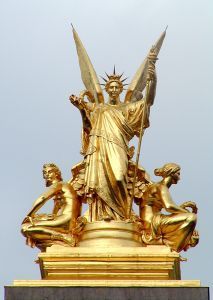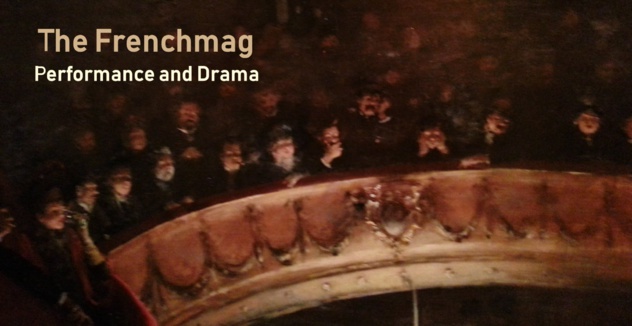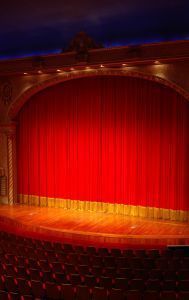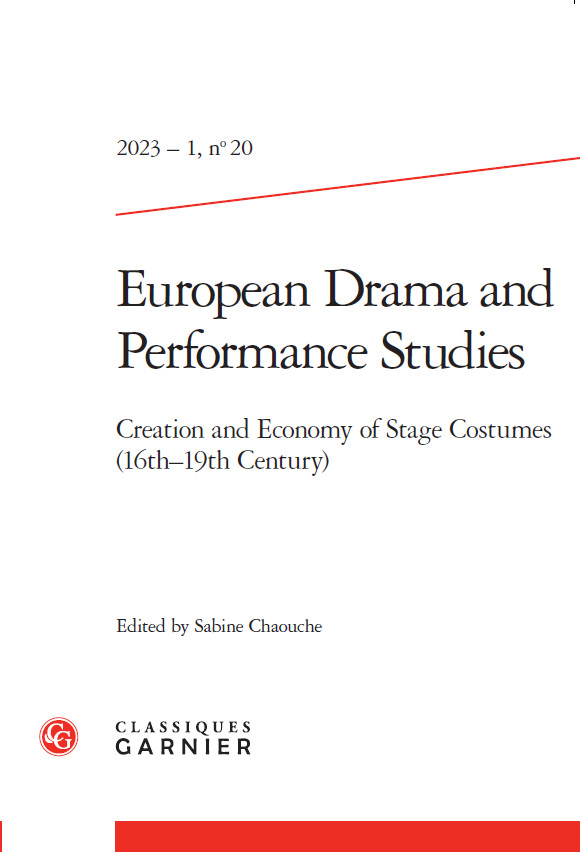
Conference organizers: Isabella Campagnol (Rubelli Historical Textile Collection, Venice), Valeria De Lucca (University of Southampton, UK) and the Centro Studi per la Ricerca Documentale sul Teatro e Melodramma Europeo of the Fondazione Giorgio Cini.
Costumes play an essential role in the way we experience musical theatre. They define character, action and belief, enhance the sonic dimension, and blur the boundaries between reality and fiction, past and present, the human and the fantastic. From court spectacles to popular entertainments, costumes, textiles, and accessories testify to the material culture of their social milieu and to the challenges facing the artists, artisans and designers who created them. This conference brings together experts of diverse backgrounds to discuss the history, economics and aesthetics of stage costumes in European opera and musical theatre from the late Renaissance to 1900.
Abstracts of no more than 250 words are invited for 20-minute papers from scholars who can contribute to the theme of the conference. Please send abstracts and contact information to costumes@soton.ac.uk to arrive no later than 15 November 2011. Applicants will be notified of the programme committee’s decision by email before 15 December 2011. The official languages of the conference are English and Italian. For information on local arrangements, please e-mail teatromelodramma@cini.it
Source: ACRAS
Costumes play an essential role in the way we experience musical theatre. They define character, action and belief, enhance the sonic dimension, and blur the boundaries between reality and fiction, past and present, the human and the fantastic. From court spectacles to popular entertainments, costumes, textiles, and accessories testify to the material culture of their social milieu and to the challenges facing the artists, artisans and designers who created them. This conference brings together experts of diverse backgrounds to discuss the history, economics and aesthetics of stage costumes in European opera and musical theatre from the late Renaissance to 1900.
Abstracts of no more than 250 words are invited for 20-minute papers from scholars who can contribute to the theme of the conference. Please send abstracts and contact information to costumes@soton.ac.uk to arrive no later than 15 November 2011. Applicants will be notified of the programme committee’s decision by email before 15 December 2011. The official languages of the conference are English and Italian. For information on local arrangements, please e-mail teatromelodramma@cini.it
Source: ACRAS




